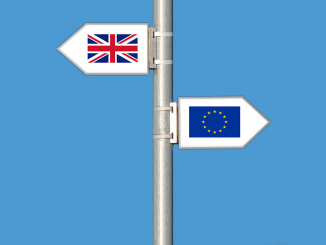
After gold reached its highest level in 5 months, the precious metal’s gains are likely to pause during the thin trading during the holiday period next week. The three key factors that have helped gold were the Federal Reserve, the US dollar and the volatility of the equity markets.
Gold rose to its highest level during thus week, to $1,269 an ounce, its highest since July. Gold futures for February traded at $1,162 per ounce, dropping 0.48% during the day and 1.65% during the week.
Analysts believe that the weakness of the dollar and the volatility of stock markets, in addition to the expectations of the Federal Reserve’s tendency to raise interest rates during 2019, has strengthened the buying sentiment towards the yellow metal.
The Fed announced on Wednesday that it had raised rates by another 25 basis points to a range of 2.25% to 2.50%. The most important news from the Federal Reserve was fewer interest rate hikes, due to financial market volatility and slowing global growth.
However, the Federal Reserve seems more pessimistic about its monetary policies and is expected to raise interest rates once next year instead of three. And thus, lower expectations of a rate hike increase led to weakening the strength of the US dollar. The Fed is lowering its expectations of a sharp rise in interest rates, which the markets have long told us. If inflation stops next year, there will be less motivation for the Fed to raise interest rates as not to cut GDP growth.
The US stock market provided the necessary support for gold, as the stock market has already suffered from a rather rough week. The S&P 500 lost all gains this year and looks to close lower on the year. If this continues in the last days of trading before the start of the holidays, it could mean more volatility for gold.
Another important driver for the yellow metal next week may be a partial US federal government shutdown. This seems very likely, especially after President Trump announced that he would not sign the bipartisan partnership agreement passed by the Senate, and the House of Representatives passed a bill backed by Republicans only.
Historically, government shutdowns have had limited effects on the economy and markets, but it depends on the length of the shutdown. Recent equity sell offs also suggest that markets fear this would be a rehearsal for more difficult financial matters on the way, including raising the debt ceiling and avoiding a fiscal cliff.




Be the first to comment